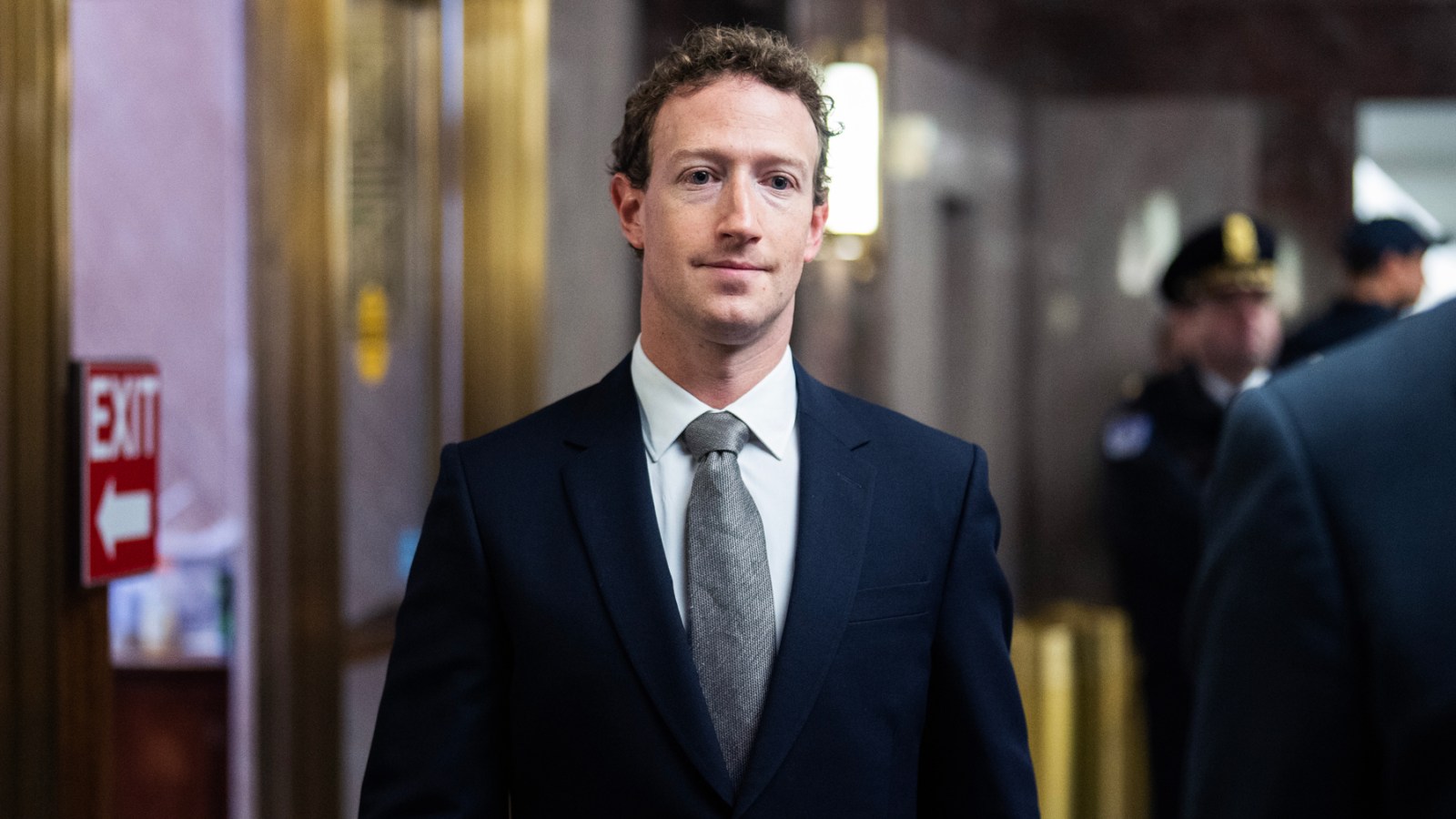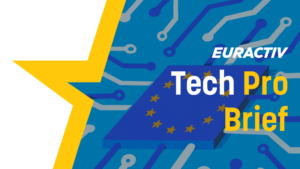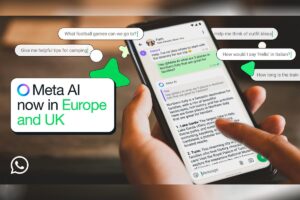Meta Set to Introduce AI ‘Users’ on Facebook and Instagram

Meta’s Shift to AI: A New Era for Social Media
Since spending billions on its unsuccessful "metaverse" initiative and subsequently laying off thousands, Meta has been struggling to transform itself to take advantage of the rapidly growing artificial intelligence (AI) market. CEO Mark Zuckerberg introduced various animated AI chatbots last year, featuring celebrity avatars like Snoop Dogg and Paris Hilton, but this venture did not resonate well with younger users. The chatbots were widely criticized as uninteresting and superficial, leading to their discontinuation less than a year later.
AI Studio: A User-Centric Approach
Meta decided to pivot away from celebrity impersonations and instead encourage users to create their own AI characters through the launch of AI Studio in July. This platform allows users to craft chatbots featuring fictional personas or even AI versions of real people, allowing popular content creators to engage with their audience in a more personalized manner. These chatbots can mimic the tone and style of their creators, making interactions feel more authentic.
Future Plans for AI Integration
Meta aims to take this a step further by incorporating these AI avatars as active profiles on Facebook and Instagram. According to Connor Hayes, Meta’s Vice President of Product for Generative AI, the goal is to have these avatars function like regular users, complete with their own bios and content-sharing capabilities. “We expect these AIs to actually, over time, exist on our platforms, kind of in the same way that accounts do,” Hayes explained. This integration raises questions about how users will interact with these AI profiles in a space designed for real human connections.
Concerns About AI Engagement
The idea of adding AI entities to social media platforms is unfamiliar and even unsettling for many, as these platforms fundamentally rely on human interaction. Although Meta has also developed practical AI tools such as image editing options and intelligent text chatbots, the concept of virtual beings occupying space on Facebook and Instagram may not attract new users or satisfy existing ones. Meta reported that users of AI Studio have created hundreds of thousands of characters, but the majority of these remain private without much public interaction.
Social Media Interactions and Bots
A potential transformation in Meta’s structure could significantly impact user experiences. Recent trends highlight growing concerns about our reliance on AI and its capacity to spread misinformation and harmful content. Notably, a case arose involving a mother suing after her son’s tragic death, claiming it was related to his interaction with a version of an AI chatbot.
Additionally, Facebook currently faces an influx of AI-generated spam known as “slop.” This type of content includes fake images designed to provoke reactions and engagement, often monetized by users in various countries. This trend raises concerns about the authenticity of interactions on the platform, where users may struggle to differentiate between real and bot-generated content.
Meta’s AI Developments
To secure its position as a leader in AI, Meta has been streamlining its approach by merging research and product development teams. Zuckerberg’s announcement in January emphasized the importance of this merger to speed up efforts toward creating artificial general intelligence (AGI). AGI represents a theoretical system capable of surpassing human intelligence.
Experts remain skeptical about the feasibility of achieving AGI and voice concerns regarding privacy as Meta continues to utilize user data for its AI advancements. Transparency about its AI models and a clear framework for sharing such ambitious technology are also areas where Meta has yet to deliver.
Overall, Meta’s ongoing strategies with AI raise various questions. As the platform shifts more toward automated interactions, existing users and newcomers might seek alternative communication methods when human relationships become overshadowed by artificial entities.






